
New Mac spyware discovered at Oslo conference
Today security firm F-Secure announces the discovery of a new Mac-based spyware program, the latest in what has become a small, but growing trend. Attacks have previously affected Apple itself, as well as users in the wild. The latest problem was discovered at a recent conference in Oslo, Norway.
The Oslo Freedom Forum, an event that is designed around the world's most influential dissidents, innovators, journalists, philanthropists, and policymakers, just wrapped up on May 15. During a workshop on freedom of speech, Jacob Applebaum, an independent computer security researcher, discovered a new and previously unknown backdoor on an African activist's Mac.

Which browser is safest? The answer may surprise you
Web browsers are one of the main ways that malware finds its way onto your machine. Tests carried out by NSS Labs looked at the five major players, Chrome, Firefox, Safari, Opera and Internet Explorer to see which offers the best protection against more than 700 examples of real-world malware.
And the safest is... (Drum roll and a long, reality TV-style pause...) Internet Explorer 10, blocking 99.96 percent of known malicious downloads. Chrome comes second on 83.16 percent with the other three trailing a long way behind at around 10 percent each. This might come as a surprise to all those people who have long shunned Microsoft’s browser in favor of third-party alternatives on the grounds that they were safer.

Are you a Free Infringer or a Digital Transgressor?
The latest research commissioned by the UK telecoms regulator Ofcom shows that just a tiny proportion of the population is responsible for most online copyright piracy. What's more these digital pirates are predominantly male and most could afford to buy the content if they wanted to.
The research shows that just 1.6 percent of UK Internet users over the age of 12 account for some 79 percent of copyright infringements. Also that the top 20 percent are likely to be male and aged between 16 and 34. So much for what many people may have suspected already. More interesting is that the research has sought to create a sort of spotter's guide to illegal downloaders by dividing them into a series of categories:

Financial Times comes to Flipboard [Q&A]
May 9 was a big day for Flipboard. The personal news app launched a new version on Android, bringing feature parity with iOS, and the Financial Times debuted as a content provider. FT is unique among magazine news publications, by making people pay. Free rides are short lived; the newspaper lets registered users view a limited number of stories per month. More than that, requires a subscription.
Many people look at Flipboard as a pretty news aggregator -- a smorgasbord of valuable content served up for free; eat as much as you like. Financial Times brings the pay model with it. You still need a FT account. Registered users are limited to blogs and video, while subscribers get access to everything. I wonder if personal paper apps like Flipboard aren't the future news, with some -- even more -- content behind the paywall.

Tough luck Apple, non-big-brand tablets account for one-third of shipments
Apple's supremacy as tablet market leader may be even shorter lived than previous analyst forecasts suggest. Already, Android topples iOS share, and there is simple catalyst: White-box slates accounted for one-third of shipments last year -- a level NPD DisplaySearch predicts will continue in 2013 and beyond.
Android is the big beneficiary of the trend. In third quarter 2012, shipments exceeded iOS models, according to IDC. During first quarter this year, green-robot slates took 56.5 percent market share. At this pace, contrary to analyst predictions just a year ago, Android does to iOS in tablets what it did in smartphones -- take early leadership away from Apple.
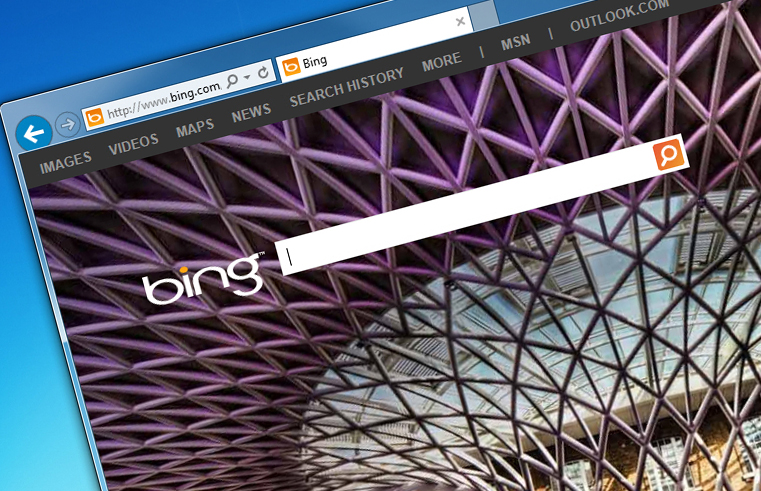
So what’s next for Microsoft's Bing? [Q&A]
I’ve been using Bing as my primary search engine for nearly two months now, and I like it. While I personally think it still lags behind Google in some areas, it’s definitely improving. It delivers decent results, offers some great features and does an excellent job of integrating social sources like Facebook and Twitter.
I chatted with Bill Hankes, a director at Bing, to find out more about the service and the division's future plans, and also asked him about that divisive Scroogled campaign...

Microsoft's wonky payment system is oh-so last century
I subscribe to Office 365, as it is a great value -- for just under $10 per month I can install Office 2013 on up to five computers and even gain an additional 20GB of SkyDrive storage, taking my total to 45GB, thanks to being grandfathered into the 25GB free plan. The subscription even gives me a bit of free Skype that, perhaps, one day I shall actually use. All of this sounds great -- what more could you want? Well, how about a payment system that has customers in mind?
Over this past weekend, I had occasion to meet with the dysfunctional payment system that Microsoft has implemented. While I use many of the company's products, Office 365 Home Premium is my first occasion making monthly payments to the software giant. I am used to doing so with other services, such as Amazon.
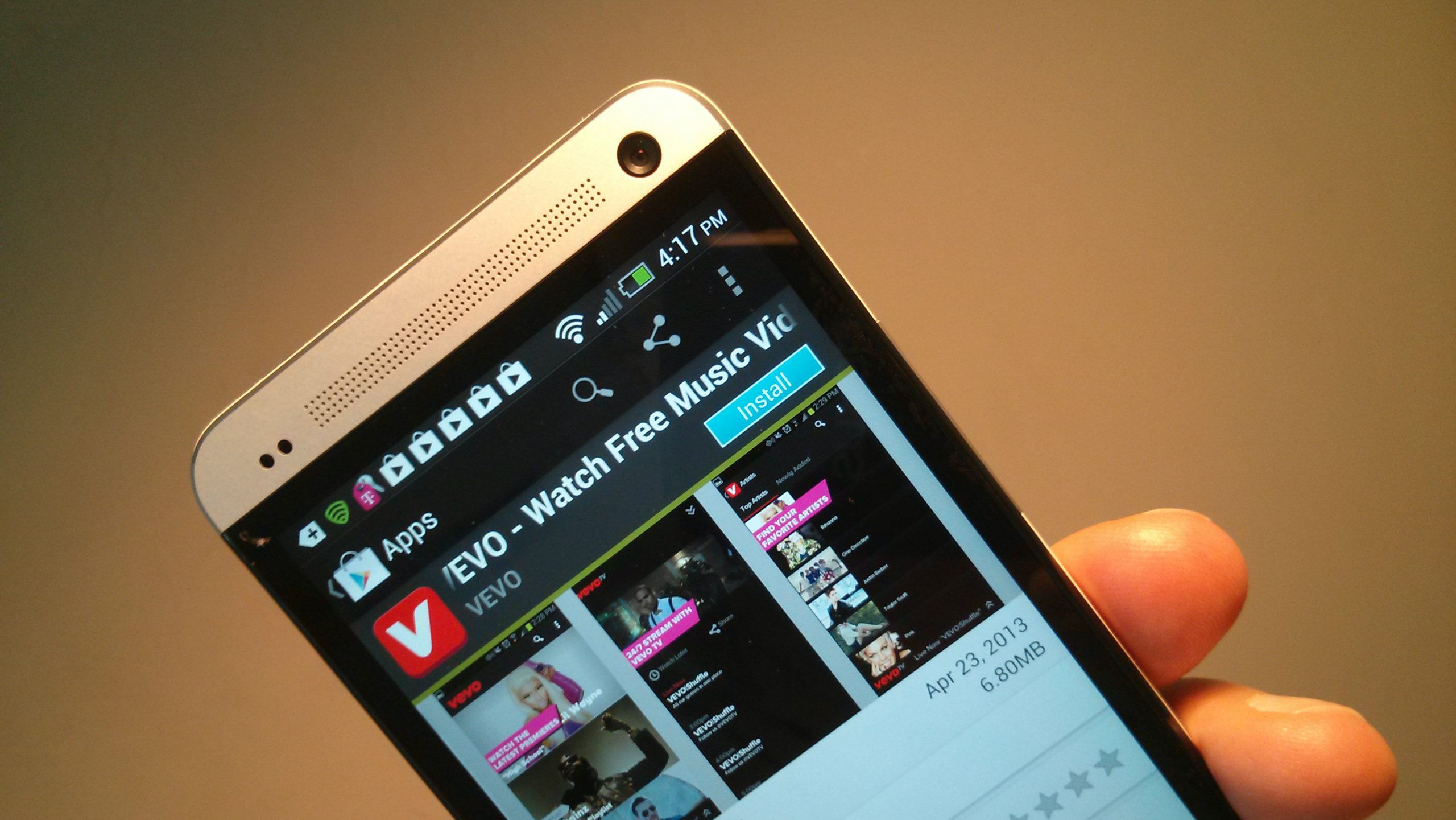
You can have iPhone 5, I'll take HTC One
Anyone moving up from a feature phone to smart one and considering iPhone 5 should look at HTC One. From a design perspective, both stand out for mostly metal enclosures, and they share similar design aesthetics. On T-Mobile USA, HD voice is available for both phones, too. Beyond that, their functionality couldn't be more different, because of screen resolution, physical size and overall interaction -- the latter more about operating systems than anything else.
I probably would chose the One over S4 but haven't used the Samsung. I reviewed iPhone 5 in September and one is in process for the HTC flagship. Simply stated: One is the best smartphone I have ever used. The device is so beautiful, the display equally so, that I want to hold and caress the device. Often. Social and news UI BlinkFeed changes how and how often I use a smartphone. More. More. More. The smartphone makes me happy in a way not since the original iPhone nearly six years ago.

History repeats, as Android does to iPad what it did to iPhone
This week IDC released tablet market estimates and the figures are quite a bit off from my original Q1 estimate, but eerily similar to my revised estimate based on NPD's figures. Android tablets are poised to permanently steal the tablet market crown from the iPad, while Windows tablets continue to struggle. Let's take a deeper look at the figures.
Android now leads the tablet market, with a share of 56.5 percent, while the iPad's share falls below 40 percent. Windows tablets are still struggling, with a share below 4 percent and with struggling shipment figures, sell-through is always questionable.
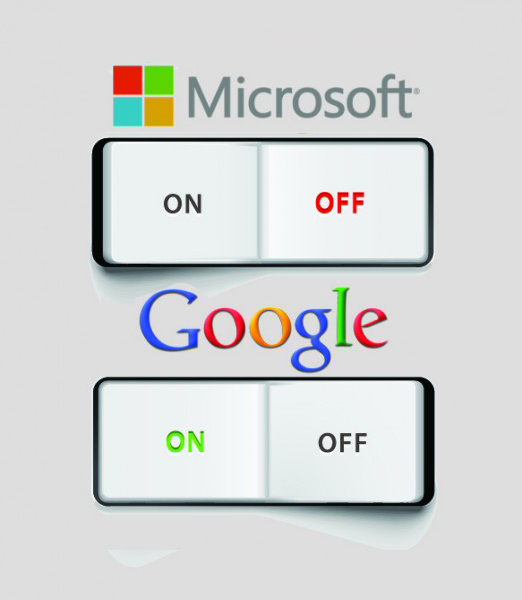
Sorry Microsoft, I’m switching back to Google (but not entirely)
Fifth in a series. Nearly two months ago I gave up Google and switched to Microsoft. Although I tried not to have any preconceptions, I’ll be honest and say I thought (based on past experience), I’d be swapping a set of mostly superb products and services for a collection of inferior alternatives and hate every moment I was away from Google.
That turned out not to be the case. Now my experiment is over, I find myself impressed with some elements of Microsoft’s offerings, but frustrated with others. So here’s a summary of my overall experience.

Dutch cyber cops could be licensed to hack
The Dutch government has revealed plans to give the police extra powers to fight cybercrime. Under the proposed new law officers would be given the right to hack into computers, read emails, install spyware and delete files. They could also be authorised to tap VoIP calls and break into servers located outside the country if they were being used to host DDoS attacks.
The country’s Justice Minister Ivo Opstelten says that the powers would be used under strict control and that the approval of a judge would be needed before the police could carry out these actions.
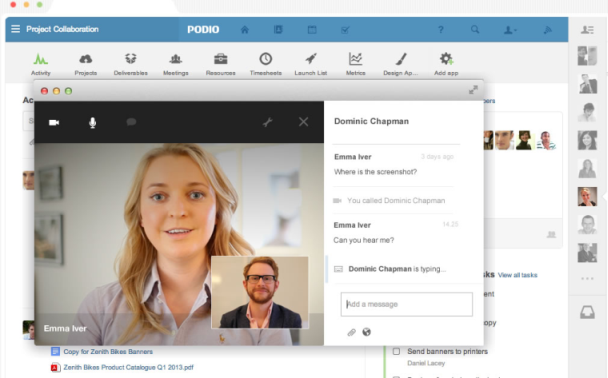
Podio introduces real-time chat, facelift in newest update
Cloud workspace platform Podio introduced another round of fresh updates on Thursday, bringing exciting new functionality to the quickly evolving SaaS offering. Hot on the heels of a major UI facelift that was released back in late April, the newest refresh brings much requested real-time chat capability with online members of your various workspaces. For my company that uses Podio on a daily basis, these additions are definitely appreciated.
For those unfamiliar with the service, I provided a mostly positive in-depth review back in December of last year. For those who have never given Podio a spin, placing a label on what it "is" definitely takes a little effort since it is almost anything you want it to be. The product fills the gap of online task, project, and customer management that is much cheaper and flexible than any other mainstream CRM offering. It also correctly introduces the aspect of "professional social", something which Yammer forces down your throat -- but Podio makes feel like a natural fit.

Expect employers to make you pay for devices, even if you don't want to
Here's a question for you: Is a company-provided device a benefit? You don't pay for hardware, software or service but might get older gear as hidden personal cost. I ask, because if Gartner is right, you'll soon pay, whether or not you want to. A survey of CIOs finds that 38 percent of companies plan to stop providing employees with devices by 2016. Wait a bit before reading on and think about what that really means.
"We're finally reaching the point where IT officially recognizes what has always been going on: People use their business device for nonwork purposes", David Willis, Gartner vice president, says. As someone working from home full time since May 1999, I must confess to rarely using company-issued computers or other devices. But that was my choice, and one often not supported by IT departments. Now, for many workers, there will be only choice of bringing their own.
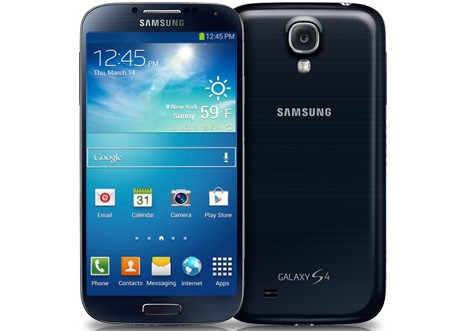
Samsung Galaxy S4 -- it's just a damn phone [review]
After a year-and-a-half on an iPhone 4S, I'm now on the current cutting-edge of smartphonery: Samsung Galaxy S4. I've used the phone for almost 3 days now. It's good. I'm excited. Are there any ball games on tonight?
Where was I? Oh yeah, the phone. I'm so excited that I could...do something that excited people do. Honestly, it's a phone. It's a very nice phone with some great features, a great physical design and a lot of bling features that I'll probably never use. I can believe it's the best of the Android phones, but I haven't tested all the others.

Google+ Sign-In tempts developers with better search reach
Some days, I look at Google and my mind's eye sees Microsoft. This is one of them. Developers adopting Google+ Sign-In will get a big benefit in search results. The tie-in -- to monopoly search -- feels oh-so like Microsoft tactics to woo and keep developers on Windows during the 1980s and 90s. Yeah, I feel déjà vu right about now.
In February, the search and information giant added Google+ Sign-In as an option developers can include with their apps. In my news analysis then, I called the authentication service "bold and disruptive" and a "Facebook killer". The direct search tie-in makes my early sentiment a gross understatement. Google gives developers every reason to prefer its authentication mechanism, which hugely benefits the social network. The monopoly product is used to extend reach into an adjacent market. Say, didn't trustbusters on two continents prosecute Microsoft for tying together Windows and browser?
